Frederica Freyberg:
A new national report this week shows children of color face immense barriers in every category of well-being, and the status of African-American children in Wisconsin is the worst in the nation. The report called Race for Results: Building a Path to Opportunity for All Children uses an index based on 12 indicators to gauge children’s success for each stage of life from birth to adulthood. While Wisconsin had the 10th best index score for white children, the state ranked 17th for Latino children, 37th for Asian children, and dead last for African-American kids. Those national findings mirror a report last year by the Wisconsin Council on Children and Families that showed race disparities in Dane County were among the worst in the nation. We take a closer look now at these inequities now with Everett Mitchell who's an attorney and pastor at Christ the Solid Rock Baptist Church in Madison. Thanks very much for being here.
Everett Mitchell:
Thank you for the invitation.
Frederica Freyberg:
So having worked with the Wisconsin Council, I understand, and kind of putting their report together about this, you knew it was bad here for African-American children here in Dane County, but what was your reaction to the national ranking that put black children worst in the nation?
Everett Mitchell:
I think when you look at the report, one of the things that stood out was the ranking of Mississippi, to set this in context. So you know, people have their impressions of what the South and Mississippi look like in their experiences. But in the report, Mississippi– You could see that it was both low-ranking for African-Americans, but it was also a low ranking for whites as well. And so when you take that comparison and then you say, well, how is it then that in Wisconsin you have such a low ranking for African-Americans, and yet an extreme good outcome in relation to whites? Why is there such a disparity? I think it goes to point to the continued disparity that the race to equity report pointed out. This is not just a phenomenon for Dane County. This disparity is throughout the state of Wisconsin itself.
Frederica Freyberg:
What’s wrong in Wisconsin?
Everett Mitchell:
I think one of the two things that always strikes me is that, one is, how do you change the philosophies of people who don’t understand the demographics are shifting? Sometimes I think we approach the problem with not understanding the kind of differences and the changing demographics that are happening all over this community and throughout Wisconsin, that African-Americans and Latinos and Asians are coming to the community and that we can’t solve the problems in the same way that we have done so in the past. I remember going to a meeting and they were talking about how they're going to educate their children to 2020. The first picture they put up was a picture of a young white girl. I said to them, I said, if that's what you are trying to educate for 2020, then you've already missed the solution. You have to put up a picture of a young African-American male. Because that’s the challenge that you have toward educating a new generation of children.
Frederica Freyberg:
But so, understanding the demographics have shifted seems to me to be the very first step, right? There are many more beyond that to actually change these inequities.
Everett Mitchell:
I agree.
Frederica Freyberg:
And so, what needs to be done?
Everett Mitchell:
I think you have– It has to be a multiple disciplinary approach. You have to have many different partners at the table who look at, for example, let's just take jobs. How are people being employed? What are the ways that the school districts and the school systems are preparing those young people to be able to take opportunities as soon as they get ready to get out of high school and college? Are we preparing them to be able to take the jobs that are really available in the communities in which they live? So there has to be a greater partnership and collaboration with the business community, with the school of education, with the school districts, who are really looking at, how do we teach children to be ready for the jobs. The manufacturing jobs that we had, they may not come back. The other kinds of jobs, they won’t be back on our soil. But we can prepare our children to be ready for these new opportunities in bioengineering or nursing or healthcare or government. We have to get them prepared to so.
Frederica Freyberg:
You talk about employment, and your work in this regard focused in Dane County, a place with low unemployment, if you are white very low, under 5%, but a 25% rate of unemployment if you are black, and where 75% of black children live in poverty compared to 5% of white children. How could the African-American population in this county, regarded at highly educated and progressive, be fairing this way?
Everett Mitchell:
I think when you start to integrate into a lot of the places and start towork, you begin to see how this disparity begins to happen. When some of our African-American brothers and sisters come into this community, people don’t know them. Because they don’t know them, they don’t give them the opportunity. People say, well, that's for people with criminal records, and people with criminal records are denied opportunity. I give my own personal story. When I first moved to Madison in 2004, I had a bachelor's degree in mathematics and religion. I had two degrees from Princeton Theological Seminary. When I came to Madison in 2004 I couldn’t find a job. The only job I could find, with all of my degrees, was a job at Pizza Hut. I was grateful for that job at Pizza Hut, but I couldn't find any place to give me a meaningful opportunity for employment.
Frederica Freyberg:
Is that racism?
Everett Mitchell:
I don't know if it's racism as much as it is– It shows the institutionalized structures, how people don't understand people who don't come from the same environments that they come from. I mean, they understand –, they may not understand Princeton. And so they didn't understand the educational background that I presented when I submitted applications to a number of different places.
Frederica Freyberg:
And if you can’t find a job but for Pizza Hut with all those degrees, imagine the people who may have not even graduated from high school or have a GED. Everett Mitchell, we need to leave it there, but lots more to talk about on this.
Everett Mitchell:
Thank you so much.
Frederica Freyberg:
Thank you.
The Casey report reveals that by 2018 children of color will represent a majority of the nation’s children, underscoring the need for greater emphasis on the issue of racial disparity.
Search Episodes
News Stories from PBS Wisconsin

Donate to sign up. Activate and sign in to Passport. It's that easy to help PBS Wisconsin serve your community through media that educates, inspires, and entertains.
Make your membership gift today
Only for new users: Activate Passport using your code or email address
Already a member?
Look up my account
Need some help? Go to FAQ or visit PBS Passport Help
Need help accessing PBS Wisconsin anywhere?

Online Access | Platform & Device Access | Cable or Satellite Access | Over-The-Air Access
Visit Access Guide
Need help accessing PBS Wisconsin anywhere?

Visit Our
Live TV Access Guide
Online AccessPlatform & Device Access
Cable or Satellite Access
Over-The-Air Access
Visit Access Guide
 Passport
Passport





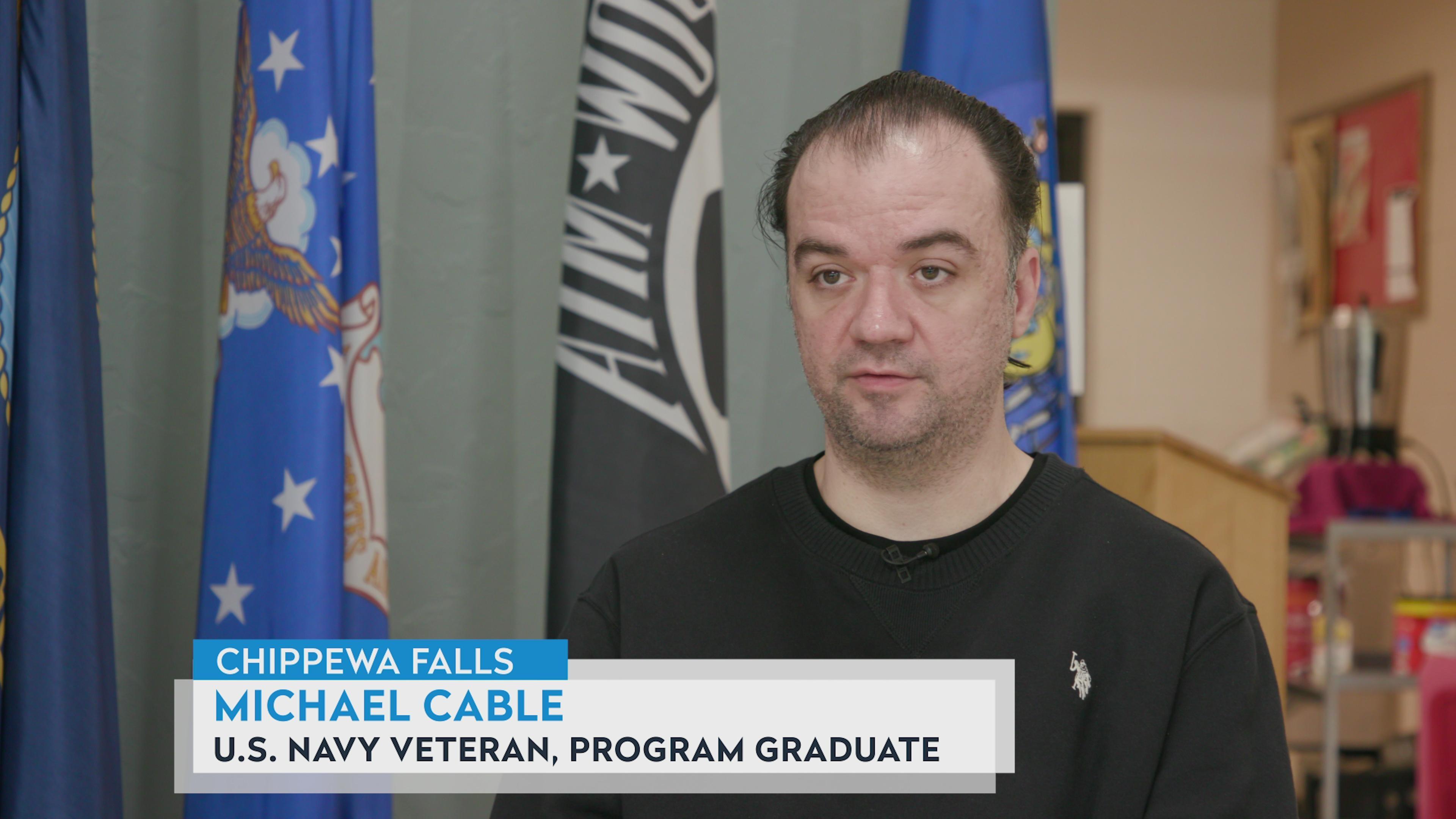
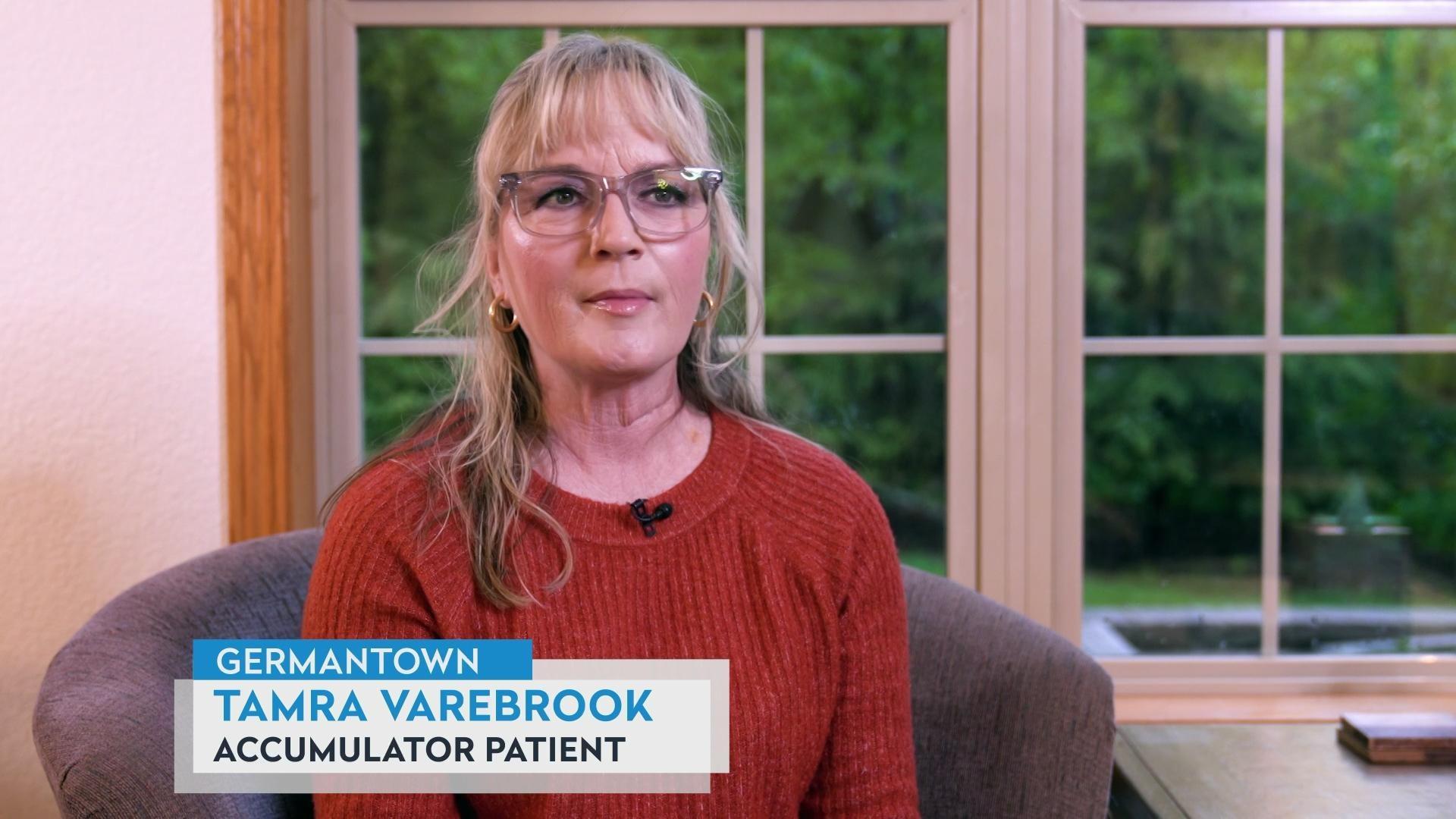
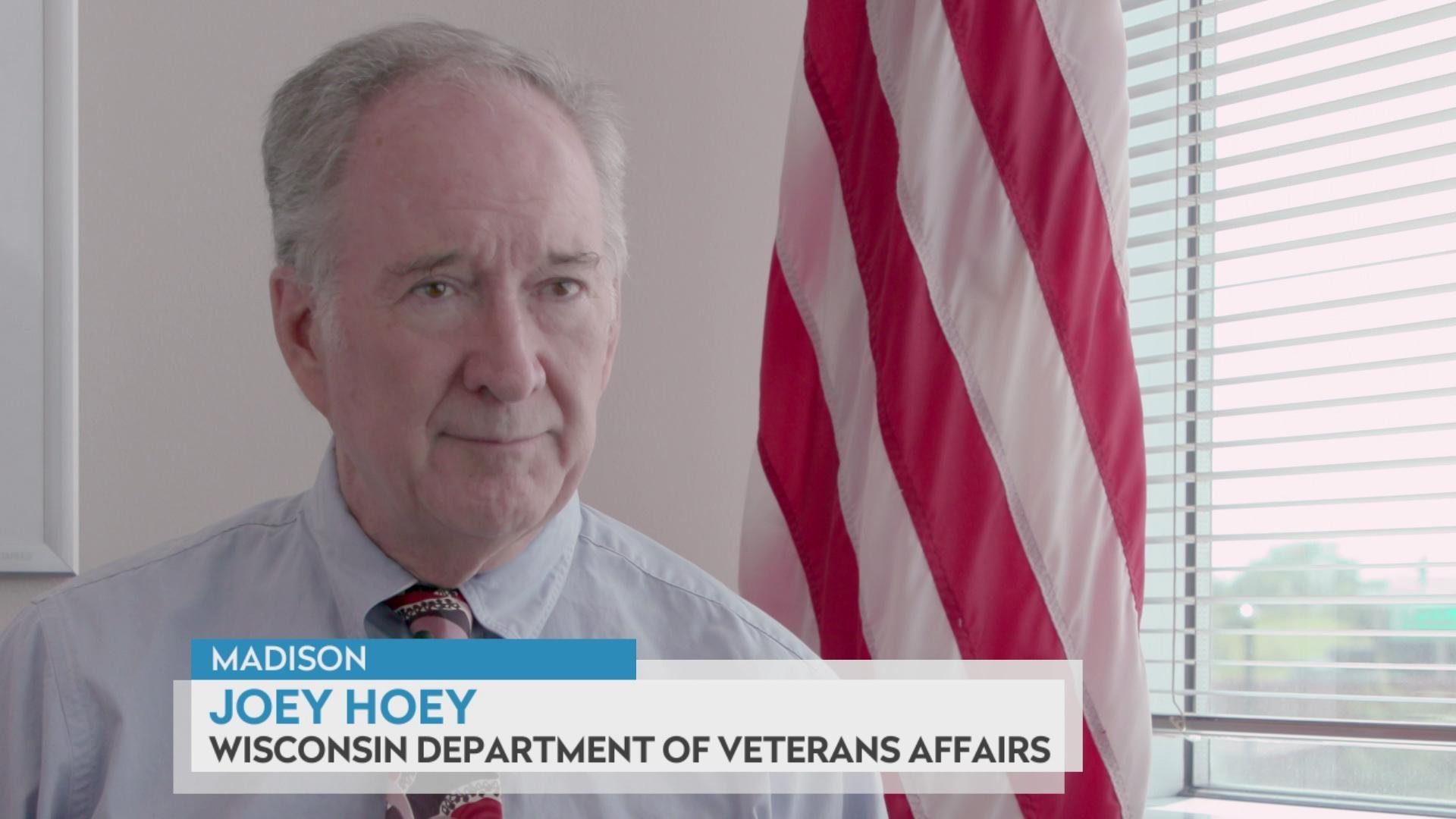
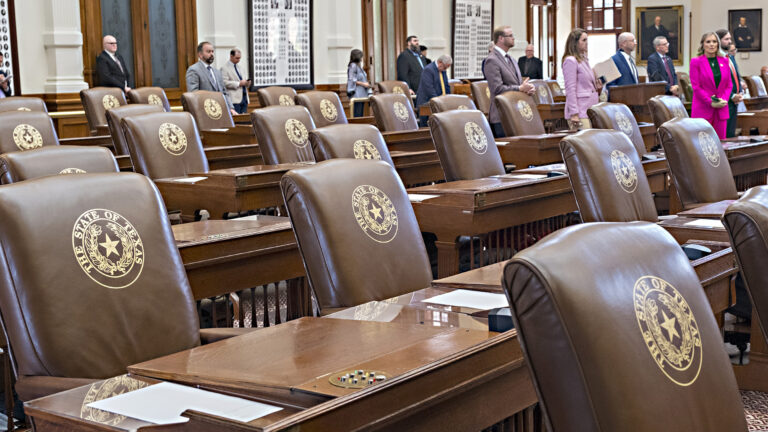
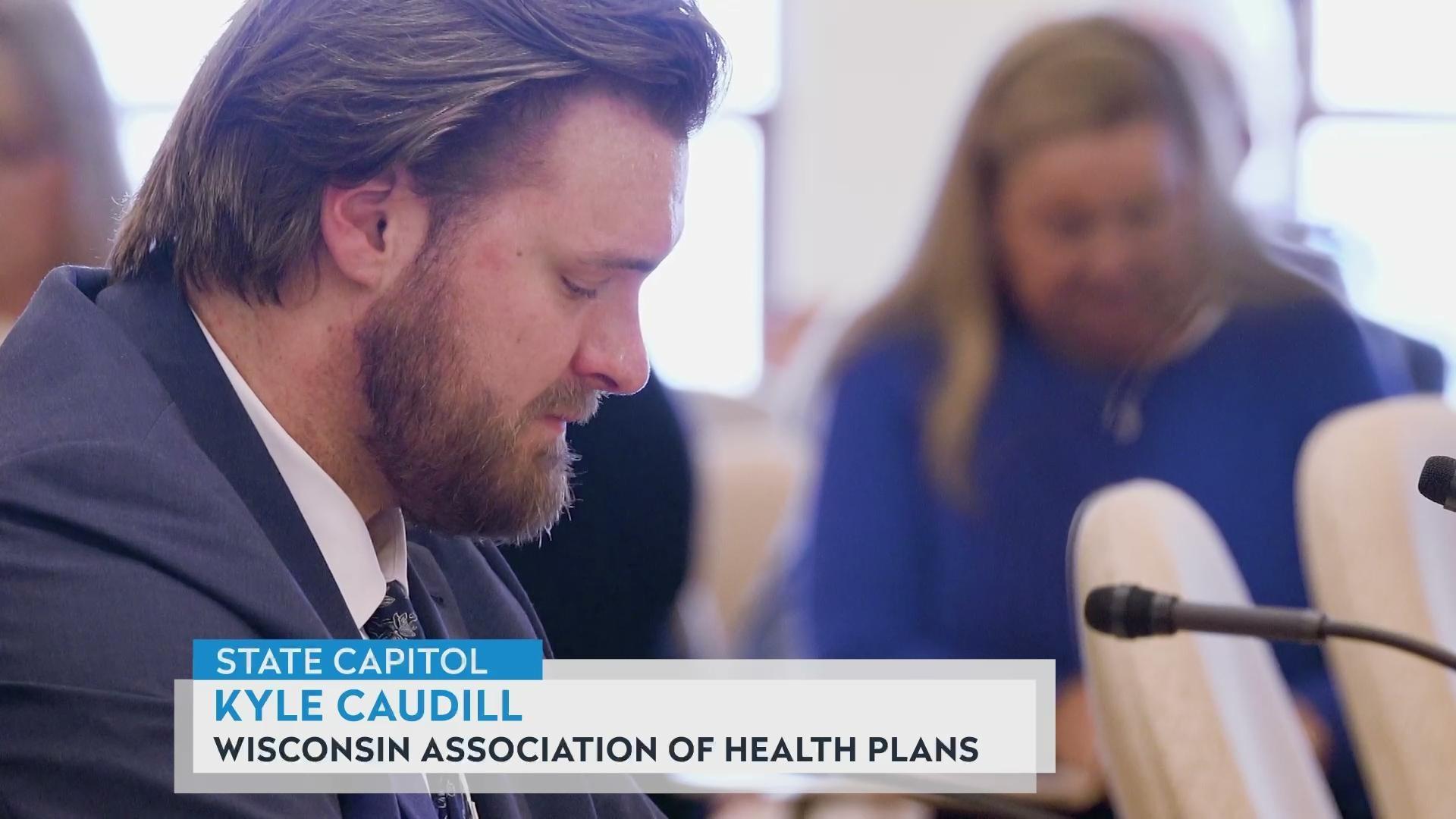
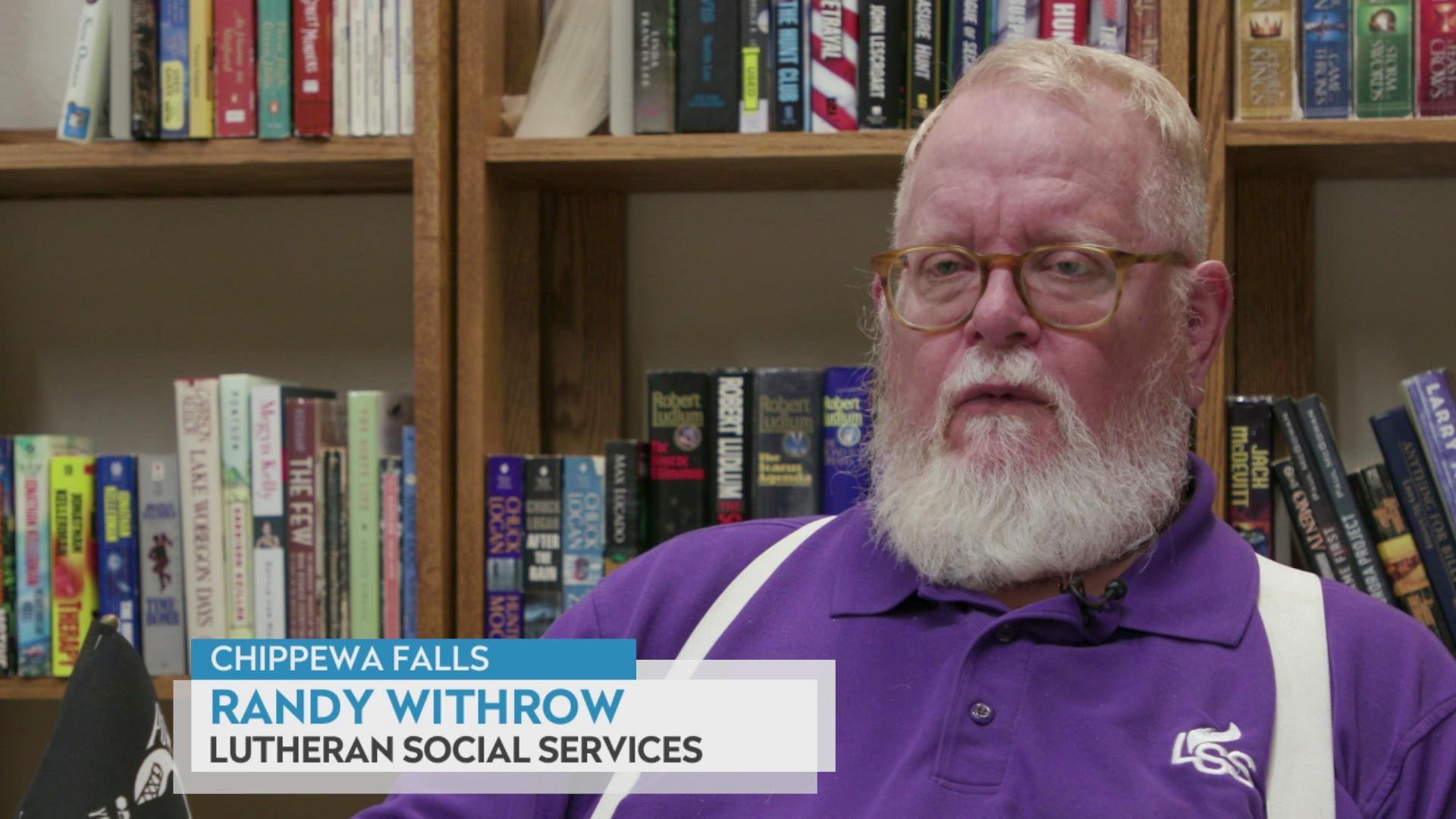

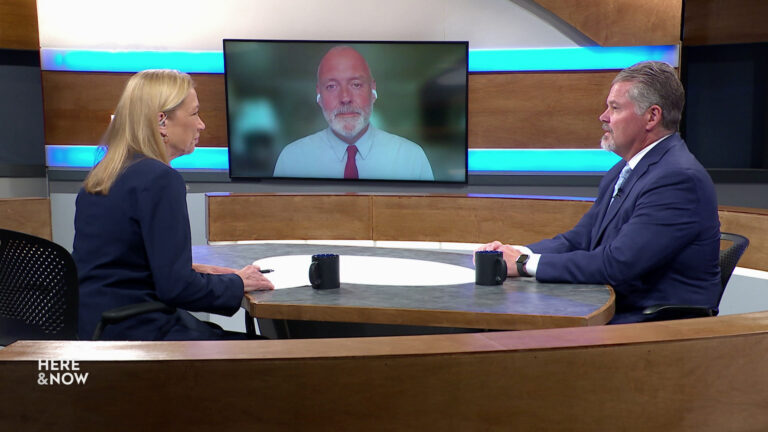

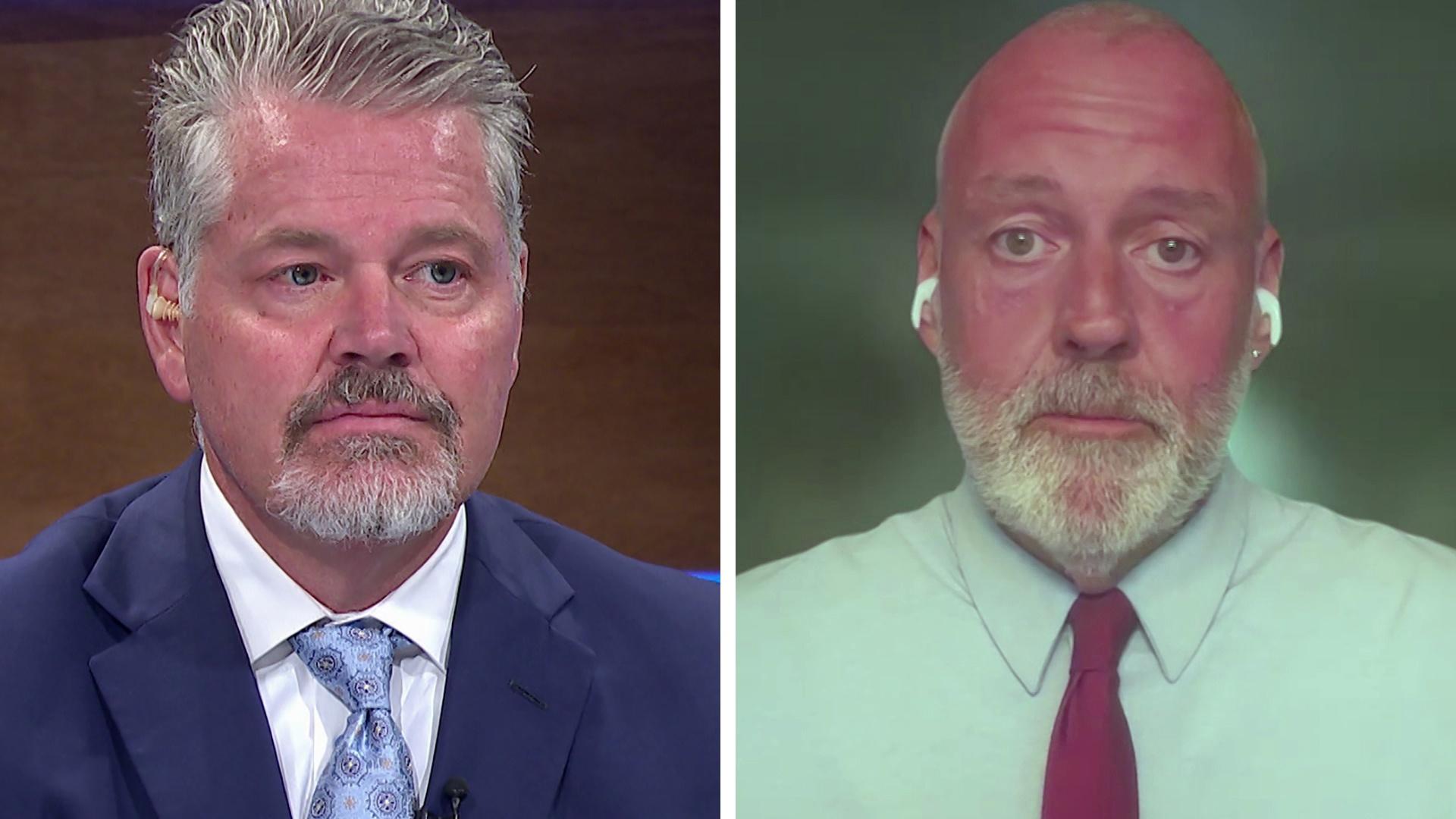
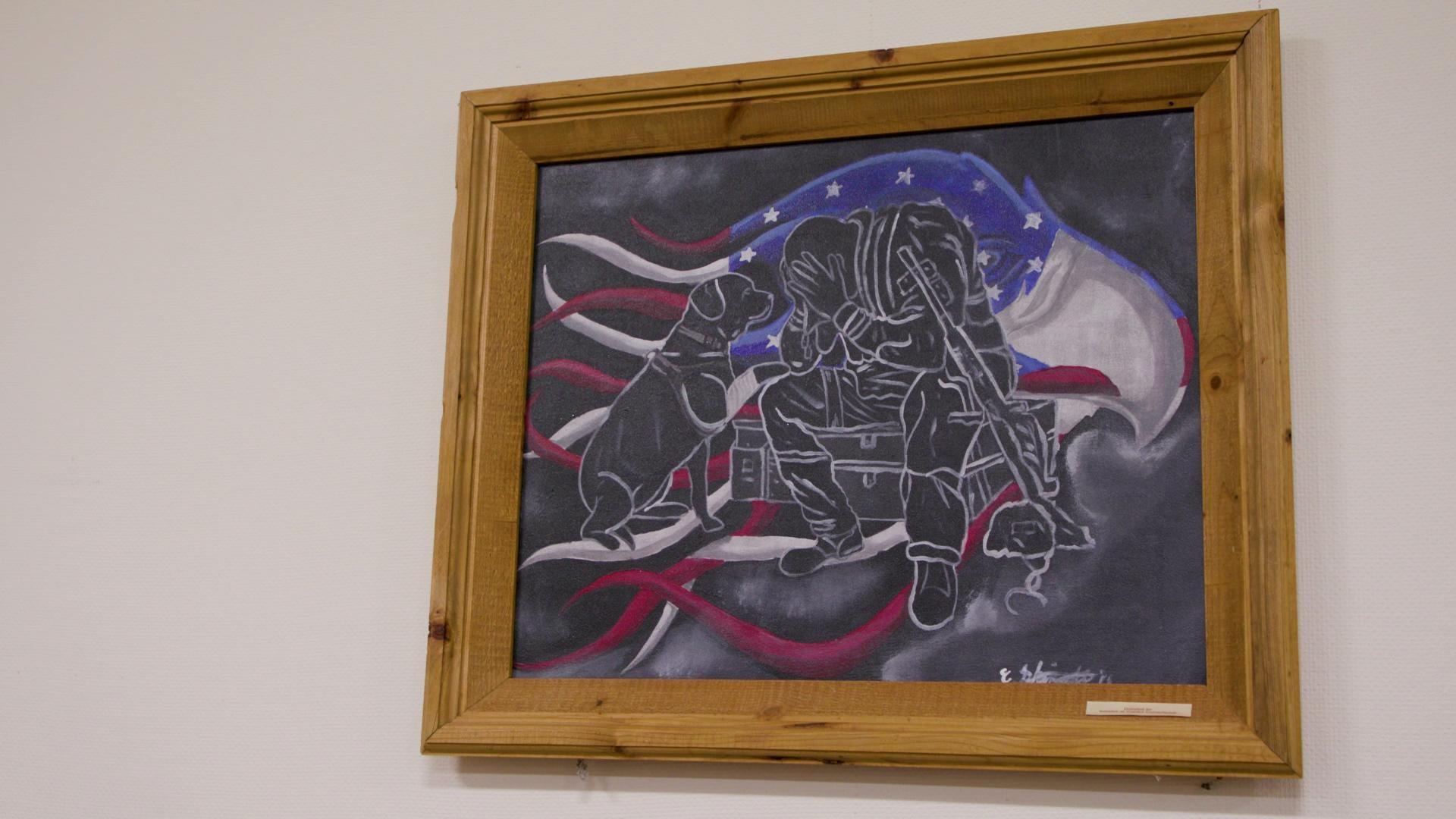
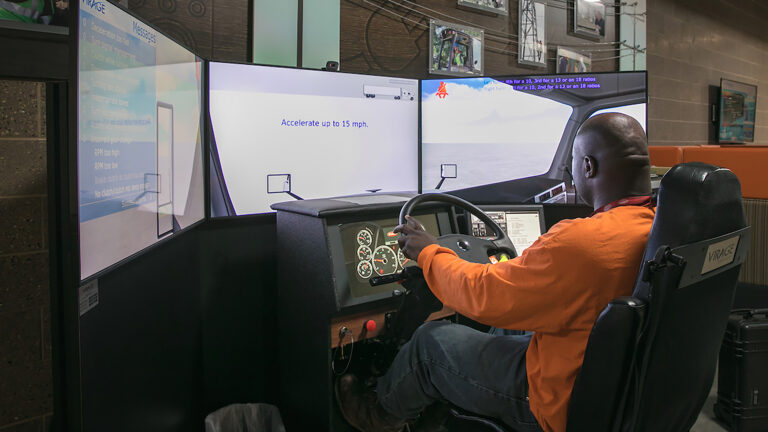

Follow Us